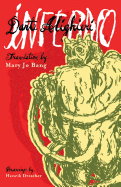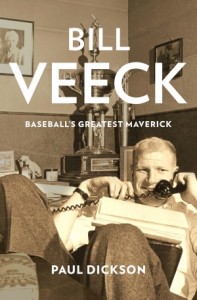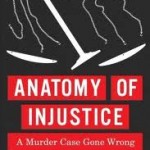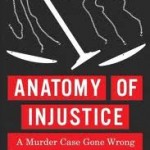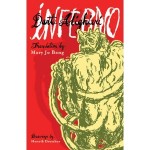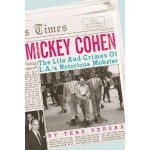I enjoyed reading Richard Ford’s first book Piece of my Heart, and then his breakout novel, The Sportswriter, and still own the copies I read in the 1980s. However, I missed several of the books that followed–this was during the long interregnum when as an in-house editor of topical nonfiction for several publishing companies, I rarely had a chance to read novels, or really anything for recreation. I noted Ford’s subsequent books as they came out, but never had a chance to pick up another one. Now that I’m running my own editorial services business and curating and writing this blog, my reading diet is as broad and nourishing as I can make it–as those who follow my weekly #FridayReads posts will have noticed–and I can make time to read books like Ford’s latest.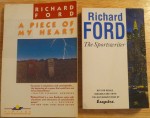
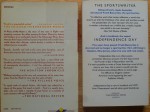
Ford changed publishers after Lay of the Land in 2006, leaving Knopf after many years there for Ecco Books, where Dan Halpern must have been eager to add him to his list, at least partially on the strength of this newest novel. As a confirmed Canuck-ophile and honorary Canadian, I was certainly intrigued when I saw the title of the new book–Canada. After about 150 pages into it, I can totally see why Dan wrote this in a personal letter printed in the advance readers’ copy [Letter also pictured below–click on it for a larger view.] :
“The first thing you’re going to notice here is the voice, and the language that carries it from Montana to Saskatchewan. You’re not likely to read prose more arresting than this any time soon. Then there are the breathtaking sentences that present the prairies of Saskatchewan, stark and moody, brooding and foreboding. . . . I understand that, as Richard’s publisher, my response to Canada may strike you as hyperbolic, as it should and rightly so. Until you read the book for yourself.”
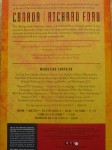
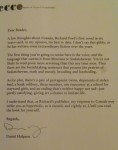

I also admire the work of Saskatchewan native Guy Vanderhaeghe, especially his two novels set on the Canadian prairie, The Englishman’s Boy and The Last Crossing, and so, in addition to reacquainting myself with Ford’s work, I was eager to be snared by the locales of the new book, and that is just what’s happening. Ford renders a sense of place and an interior state of mind with strength and assurance. The narrator with the compelling voice one notices instantly is a teenage boy, Dell Parsons, who in the course of the narrative is swept up in a bizarre and destructive family breakdown. Dell’s modesty and manner of telling have bound me to his uncertain fate. And the sentence-making, as Dan promises, is full of constructions that are giving me joy in the reading of them, sentences to savor as they trip along the paragraphs and pages. As for the plot, it centers around an improbable bank robbery by Dell’s hapless parents, an escapade that evokes Sidney Lumet’s classic 1975 film with Al Pacino and John Cazale, “Dog Day Afternoon,” featuring another bank heist by two ill-prepared robbers.
This past Monday night, reading late in bed as is my wont, with my little bicycle light serving as my book light, I was at the same time listening to CBC Radio over the Internet, with my TuneIn Radio app on my IPod Touch. CBC Radio’s nightly news program “As It Happens” replays at midnight, and so that’s what I was listening to when I heard co-host Jeff Douglas introduce an upcoming segment,
“Richard Ford is one of the few living writers who can say he’s written the great American novel. Arguably he’s written three of them–they’re known collectively as the Sportswriter trilogy. The second of these books, Independence Day, won the Pulitzer Prize. Like his other work, his latest novel is sweeping, ambitious and touches on themes of American identity. But it has a very un-American name: it’s called Canada. Richard Ford joined Carol [Off] earlier today from a studio in Canada–Vancouver, Canada–to discuss his latest novel.”
That announcement was about the only thing that could make me put the book down, and so I listened for the next half-hour as Ms. Off led Ford through a deep conversation about fiction-writing, his own creative enterprise, and this new book. Following this link will allow you to listen to their conversation. It was after 1:00 AM by the time the program ended, but I couldn’t resist reading a couple more chapters, having gained new insight into this deeply satisfying book which I’m so eager to continue reading in upcoming days.
/ / more. . . click through for all photos and for sharing.
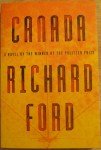 I really saved and savored Richard Ford’s current novel, Canada, and finally finished it while in the air flying home from Toronto earlier this week. Immediately after completing it I began re-reading Chapter One, where 15-year old Dell Parsons opens the book by telling readers that
I really saved and savored Richard Ford’s current novel, Canada, and finally finished it while in the air flying home from Toronto earlier this week. Immediately after completing it I began re-reading Chapter One, where 15-year old Dell Parsons opens the book by telling readers that

